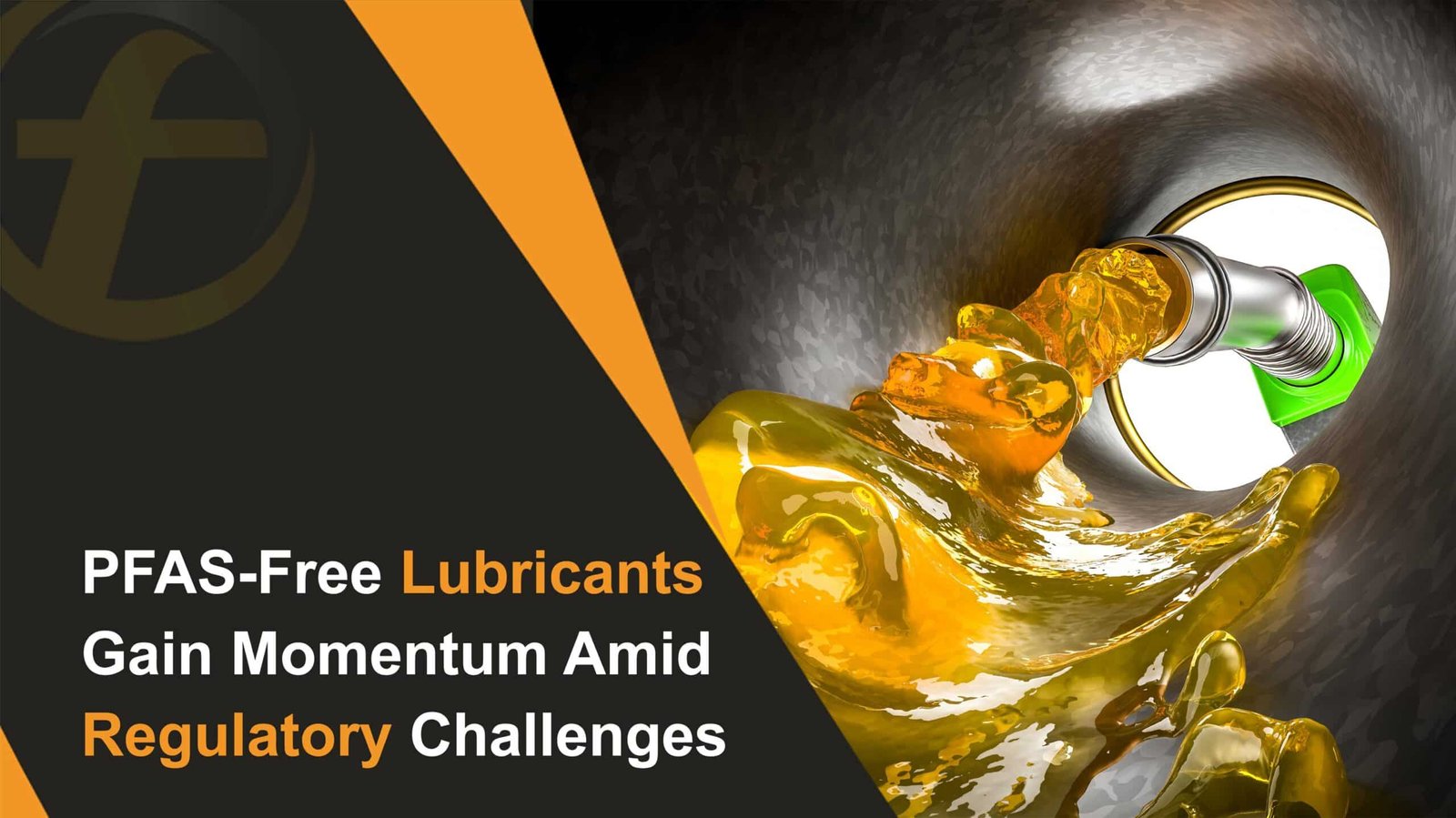
Many lubricant companies are starting to stop using certain chemicals called PFAS. That’s because there are new environmental rules, and more people want products that are safer and better for the planet.
PFAS were once very important in making strong, high-performance lubricants—used in things like airplanes, electronics, food machinery, and places with really hot or cold temperatures. These chemicals worked well because they can handle heat, chemicals, and friction. But now we know that PFAS stays in the environment and in our bodies for a long time, which can be dangerous.
The U.S. government (specifically the Environmental Protection Agency, or EPA) made a rule saying that companies must report if they use PFAS, starting May 2025. But many companies said the rule was too hard to follow, especially since even tiny amounts now have to be reported. They were worried it would cost too much and be too complicated.
So, the EPA listened and moved the deadline to April 2026. Small companies that only import finished products have until April 2027. The EPA also gave people 30 days to share their opinions about the new rule and its changes.
Now, with new rules coming, companies are working hard to find safer ingredients. They’re trying to protect the environment while still making products that work really well.
The Dangers of PFAS Chemicals
Health Risks
PFAS are chemicals that can be harmful to our health. Scientists believe that being around PFAS for a long time might cause problems like trouble having babies, liver damage, a weak immune system, and even some types of cancer. These chemicals can stay in your body for years, which makes them even more dangerous.
Harm to the Environment
PFAS are often called “forever chemicals” because they don’t break down easily. They can get into our water, soil, and air and stay there for a long time. This can hurt animals and even get into the food we eat.
Laws and Rules
Governments are starting to make new rules about PFAS because they know they can be harmful. Some types of PFAS are already banned, but older ones are still causing problems. Now, many countries are working on laws to limit how PFAS are used and how they should be safely thrown away.
Conclusion
Lubricants with PFAS work really well—they help reduce friction, handle heat, and resist harsh chemicals. But they can also be harmful to our health and the environment. That’s why it’s important to find a better balance between making strong products and protecting the planet.
As scientists do more research and new rules are made, lubricant companies will need to come up with smart new ways to make their products safe and effective at the same time.

Editor-at-Large
A passionate writer in the lubricant industry, Awais Iqbal has been covering oils, greases, and industrial fluids since the start of his career. At 25, he’s already written for blogs, catalogs, and brand guides across the UAE. Awais’s insights help companies connect with their audience, and his clear, helpful writing style is trusted by brands in the region.


